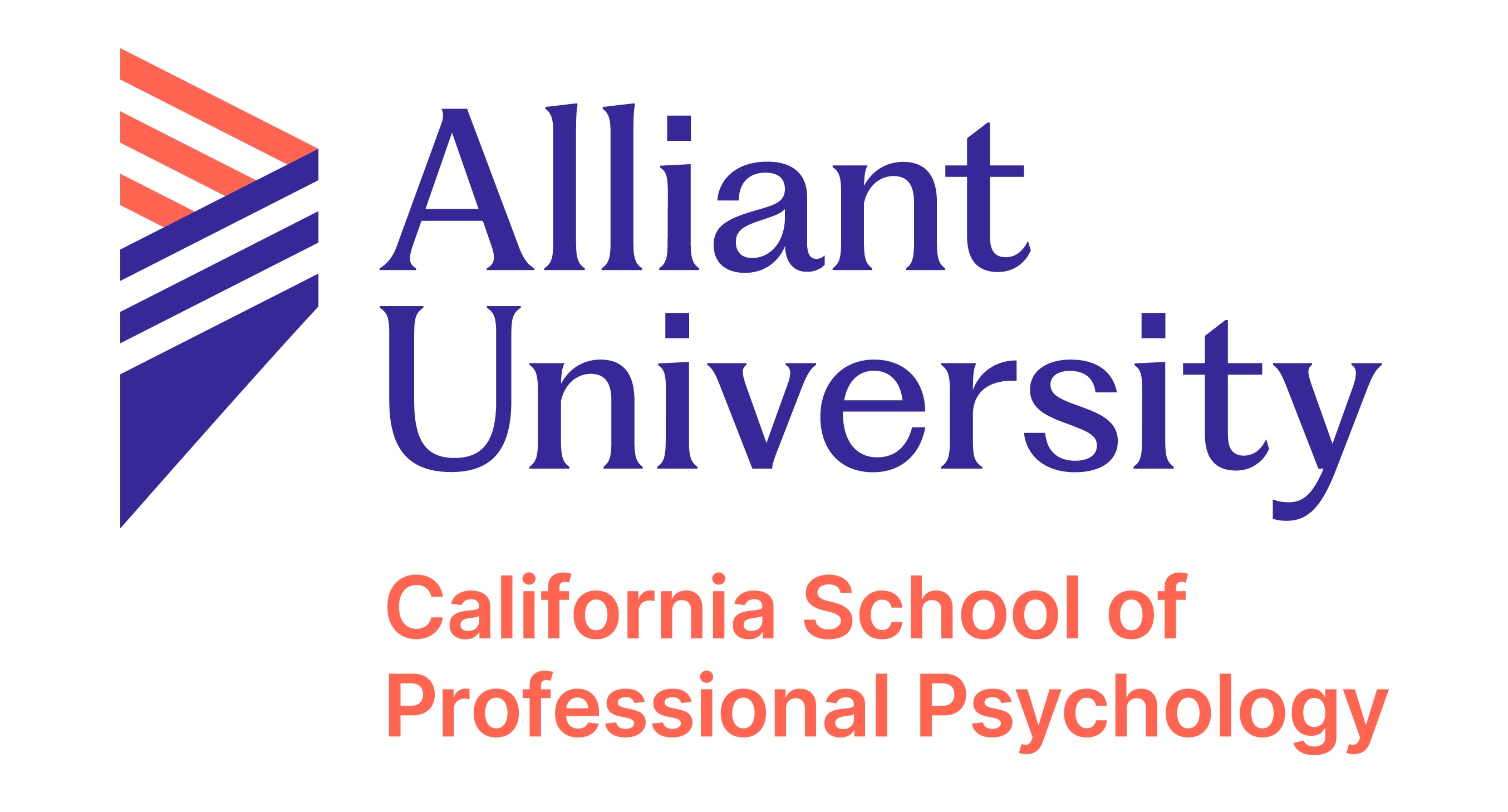2026 SWPA Convention
Frisco, Texas
March 27, 2026 - March 29, 2026
REGISTRATION OPEN NOW!
Online Registration Ends March 15th, 2026
Early-bird registration ended January 25th, 2026
Abstract submission portal now closed
Registration Information
SWPA combines registration and dues into a single fee. If you register for the convention, then you automatically become a member. There are three categories:
- Member Rates
- Professional Member
- Early Bird Registration: $120
- Online Registration: $130
- Onsite Registration: $150
- NOTE: Registration deadlines to be announced
- Professional Members Seeking CE Credits
- Early Bird Registration: $220
- Online Registration: $230
- Onsite Registration: $250
- NOTE: Registration deadlines to be announced
- Student Member
- Early Bird Registration: $70
- Online Registration: $80
- Onsite Registration: $100
- NOTE: Registration deadlines to be announced
This button will route you to a screen where you can log in or create a profile.
Once logged in or a profile is created, the registration link will be visible on the profile homepage.
Guest Pass Policy
- Two types of guest passes will be available on-site.
- Weekend Guest Passes
- Single-Event Guest Passes
- Weekend Guest Passes will be available for purchase online.
- NOTE: Guest passes are not appropriate for conference participants. Guest passes are only suitable for family members who wish to support their loved ones at the conference.
- Weekend passes can be purchased during registration.
- However, guest passes do not need to be purchased at the same time registration is completed and paid for.
- At any time prior to the close of online registration, participants can repeat the registration process.
- Doing so will not require members to reregister, but will allow them to purchase additional guest passes.
- We kindly request that members provide the names of the individuals for whom they are purchasing guest passes.
- Weekend Guest Passes will be available for purchase at a cost of $100.
- Single-event guest passes will be available for purchase at the registration desk.
- NOTE: Guest passes are not appropriate for conference participants. Guest passes are only suitable for family members who wish to support their loved ones at the conference.
- IMPORTANT: Single-event guest passes grant access for 90 minutes only.
- Additional single-event guest passes are available for purchase.
- Single-event guest passes will be available for purchase at a cost of $20 per pass.
- Members are encouraged to reach out to SWPA for assistance if they have any questions or encounter any difficulties.
- Members can contact SWPA HERE
Submission Information
SWPA offers abstract submissions for talks, posters, symposia, and workshops. We also have student research competitions. Additionally, the convention hosts four affiliate organizations: SAMR, SWToP, Psi Chi, and SCBNA.
Please note that the individual submitting an abstract for consideration does not need to be the project's lead author (e.g., a faculty member submitting a student's presentation). However, the individual submitting the abstract must have completed their registration for SWPA 2026 to be eligible to submit. The abstract submission button will appear on the member's SWPA profile homepage once their registration is complete.
Abstract Submission for SWPA 2026 is now closed
This button will route you to a screen where you can log in to or create a profile.
Once registration is complete, the link with which you can submit your abstract will appear on your profile homepage.
- Submission Types and Details can be found HERE
- Submission Deadline: November 23rd, 2025 EXTENDED TO NOVEMBER 30th
Hotel and Trip Information
This year, SWPA will be hosted at the Embassy Suites by Hilton Dallas Frisco Hotel Convention Center in Frisco, TX.
Learn About and Book Hotel Rooms Here!
When you are not spending time at the conference, be sure to take advantage of all that Frisco has to offer!
INVITED SPEAKERS FOR THE 2026 CONVENTION
 Dr. Shinobu Kitayama
Dr. Shinobu Kitayama
University of Michigan
Keynote Address
Bio
Shinobu Kitayama, the Robert B. Zajonc Collegiate Professor of Psychology and Research Professor at the Research Center for Group Dynamics at the University of Michigan, is a pioneering figure in cultural psychology. His groundbreaking research on the cultural diversity of mental processes has placed him at the forefront of this dynamic field. Kitayama’s work spans diverse domains—from cultural neuroscience to the study of interdependence in non-Western societies—offering key insights into the psychological foundations of culture. His contributions have been recognized with numerous prestigious awards, including a Guggenheim Fellowship, the Alexander von Humboldt Foundation Research Award, the Distinguished Scientific Contributions Award from the American Psychological Association, and the William James Fellow Award from the Association for Psychological Science (APS). In addition to his scholarly achievements, Kitayama has held several major leadership roles. He served as President of APS from 2020 to 2021 and currently serves as President-Elect of the Federation of Associations in Behavioral and Brain Sciences.
Talk
The Cultural Psychology of Group Identity: Insights from Sub-Saharan Africa
Sub-Saharan Africa (SSA) is becoming increasingly central to global business, politics, and culture. Despite its extraordinary linguistic and ethnic diversity, two core themes appear to underlie much of this variation. The first is a strong form of interdependence, marked by deep commitments to ingroup identities. The second is a cultural emphasis on self-promotion, characterized by the active and often competitive pursuit of personal success. Uniquely, these two forces are not merely coexisting—they are dynamically integrated: the pursuit of self-interest is widely seen as a vital way to contribute to collective flourishing. In this talk, I introduce and explore this hitherto overlooked system of self-promotive interdependence. Drawing on recent empirical findings from across SSA, I compare this model with cultural patterns observed in other major world regions—including the Middle East and North Africa, East Asia, Latin America, and the West. I argue that this distinctive integration of self-promotion and interdependence helps illuminate the unique structure and function of group identity in SSA.
 Dr. Mahzarin R. Banaji
Dr. Mahzarin R. Banaji
Harvard University
Richard Clarke Cabot Professor of Social Ethics
Keynote Address
Bio
Mahzarin Banaji is Richard Clarke Cabot Professor of Social Ethics in the Department of Psychology at Harvard University. Previously, Mahzarin was Reuben Post Halleck Professor of Psychology at Yale University. She is an elected fellow of the American Academy of Arts and Sciences, the British Academy, the National Academy of Sciences, Herbert Simon Fellow of the Academy of Political and Social Science, and the American Philosophical Society. She has received recognition for teaching excellence from both Yale and Harvard. Mahzarin is the recipient of a Guggenheim Fellowship, APA’s Award for Distinguished Scientific Contribution, APS’s William James Fellow Award for “a lifetime of significant intellectual contributions to the basic science of psychology” the Cattell Fellow Award for “a lifetime of applied psychological research” and the Morton Deutsch Award for Social Justice. She is the recipient of seven honorary degrees, the Golden Goose Award from the United States Congress, and the Atkinson Prize from the National Academy of Sciences. She is a co-author of Blindspot: Hidden Biases of Good People.
Talk
Implicit Social Cognition
All humans genuinely intend to obey the virtues of accuracy and fairness, but research from experimental psychology has consistently challenged the possibility that we, in fact, do so. We have learned that our actions can be inconsistent with our values – obstructing the very goals to which we are consciously and even passionately committed. A striking example of this state of affairs is that even if conscious prejudice/animus is genuinely absent, behavior can be disjointed from values of accuracy and fairness because of implicit bias (a term to emerge from our lab in the early 1990s, and that has now entered the vernacular).
This lecture will focus on the surprising and even perplexing manner by which implicit bias operates. By walking the 40-year research path of my lab, I will elucidate how I came to understand what implicit bias is, its role in shaping life’s opportunities and outcomes and reactionary challenges to it; as well, an optimistic result I did not expect to encounter in my lifetime – that even implicit (hidden) biases are reliably and at times rapidly moving toward neutrality. I will touch on the signature behavioral result of dissociation and association between explicit and implicit cognition, the neural underpinnings of implicit bias, its development from childhood into adulthood, its malleability, its power to predict socially significant outcomes in the domains of health, education, employment and legal treatment at the regional level. I will point to new research on the manifestation of bias in large language corpora and in LLMs today. The overarching call of this work is a simple one: to deeply understand implicit cognition so that we can do what we have done, as a species, so many times before in our history: to outsmart the limits of our own minds to ensure that our consciously held values are transduced into a more praiseworthy world.
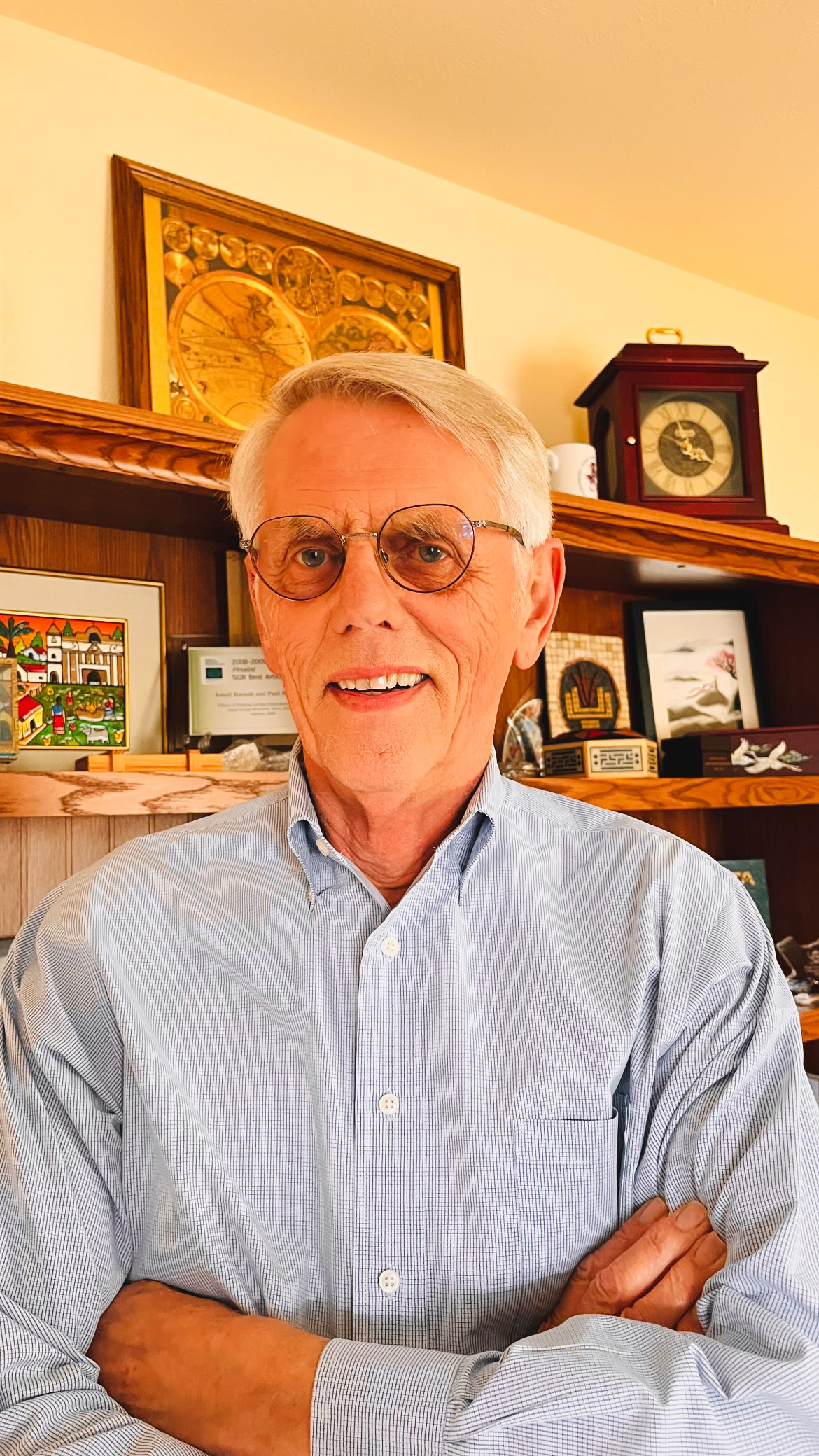
University of Texas at Arlington
Department of Psychology
Keynote Address
Bio
Paul Paulus has had a long career in the Department of Psychology at UT Arlington as a social and environmental psychologist, with a focus on the psychology of groups. He also served as Chair of the Department of Psychology and Associate Dean and Dean of the College of Science. He retired from full-time service at the university in 2020 as Dean Emeritus but has continued research on the collaborative creativity process with his multidisciplinary research team that has been funded by the National Science Foundation and the Department of Defense for 18 years. Early in his career he conducted research with his colleagues on the effects of crowding in prisons, supported by the Department of Justice, and on the impact of off-base housing quality on the well-being of military families, supported by the Walter Reed Army Institute of Research. He has been a visiting professor at eight universities, published 10 scholarly books, a popular press book on his family’s experience in hiding Jews during WW II, a related children’s book, and numerous articles and chapters with his colleagues and students. His research did not interfere with his love of teaching 18 different courses to undergraduate, graduate and MBA students. One of his great joys has been the opportunity to mentor undergraduate and graduate students who have gone on to great careers in academia and the business world.
Talk
Group Creativity in the Digital and Artificial Intelligence Age
Collaborative innovation is more important than ever with all the challenges we face in our lives, the country, and the world. Many problems require multiple areas of expertise, motivated participants and the ability to work together effectively to come up with potential creative and effective solutions. However, many collaborative innovation efforts involve temporary groups with limited prior history trying to solve nontechnical open-ended problems and who have little understanding of optimal process for their efforts. I will discuss research on in person and electronic group creativity that has provided much guidance for this process, brainstorming sessions and effective meetings in general. The talk will highlight the best practices and their theoretical grounding, which can result in groups tapping the best ideas from the “group brain” and developing them into a useful plan. I will also discuss the potential positive and negative impact of AI on the collaborative innovation process and on individual and societal functioning.
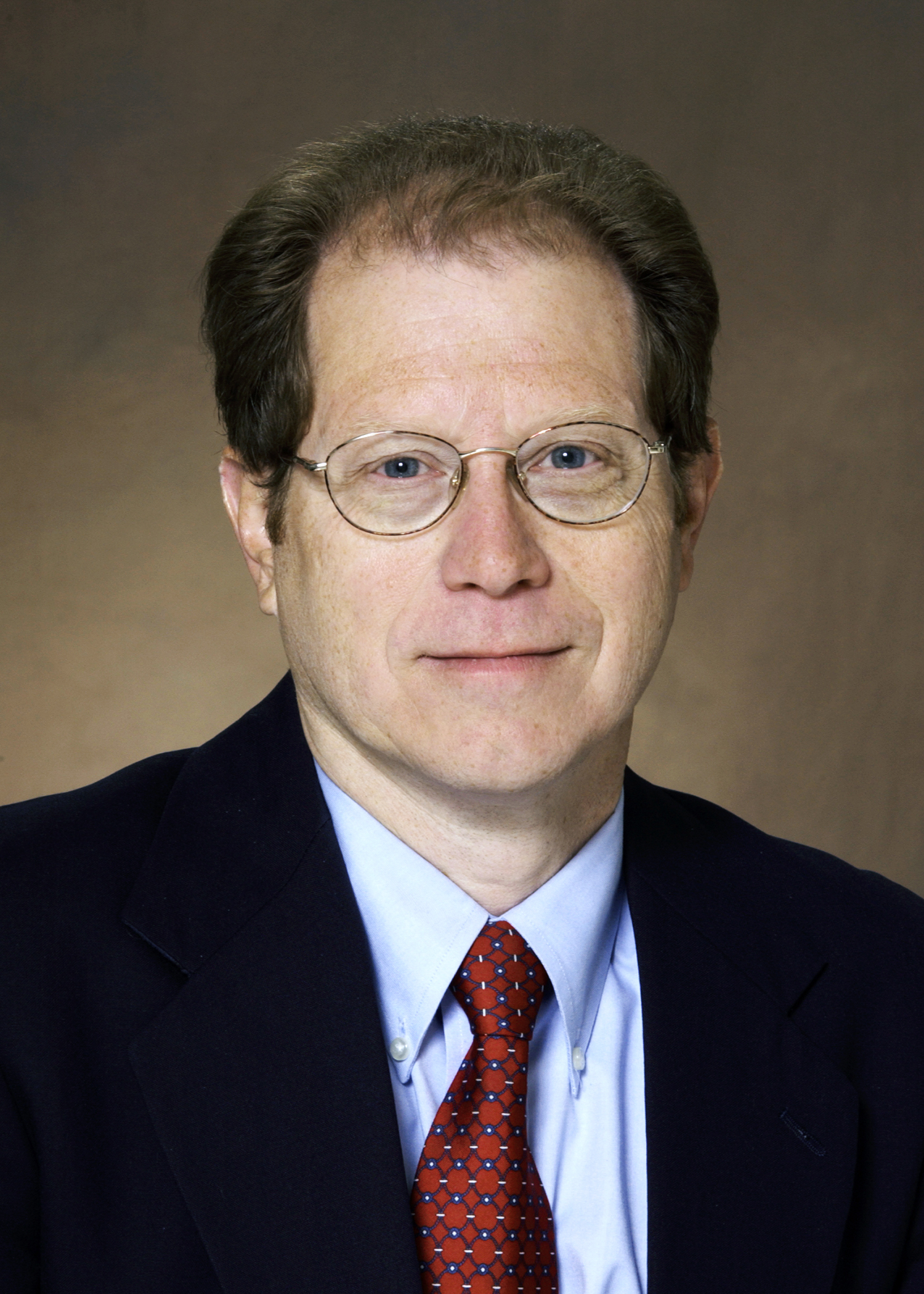 Dr. Verlin Hinsz
Dr. Verlin Hinsz
North Dakota State University
Emeritus Professor
Keynote Address
Bio
Verlin B. Hinsz, PhD, is Emeritus Professor at North Dakota State University in Fargo. He served 41 years in various professor and administrative roles at NDSU. His research and teaching efforts broadly cover social, work, and organizational psychology. He has published 125+ articles and chapters, and has contributed to over 220 national and international research presentations. His research focuses on the thought processes and social influences that impact the judgments and decisions of groups and individuals which ultimately affect their task performance. His research has been funded by the National Science Foundation, Air Force Office of Scientific Research, National Institutes of Health, U.S. Department of Agriculture, and other agencies. Dr. Hinsz is a Fellow of ten professional organizations and has consulted with a number of federal research agencies. Dr. Hinsz has received numerous awards, primarily for his research efforts and mentoring activities.
Talk
Groups are social facts of life. From the cradle to the grave, we are born into and borne by groups. In between, we live, work, and strive to thrive in these groups. The fundamental questions to be addressed in this presentation are “How are characteristics of group members (their thoughts, feelings, preferences) combined and transformed to result in a shared group response?” A theory of combinations of contributions aids consideration by helping to identify which characteristics are combined and transformed as well as specify in what manner the characteristics are combined and transformed. This leads to the adage that groups are context sensitive, and context situated. Moreover, dominant processing strategies are important for understanding how groups think, feel and decide -- particularly that the dominant processing strategies are exaggerated in these groups. The ways that groups think, feel, and decide will thus be revealed as these questions are considered.
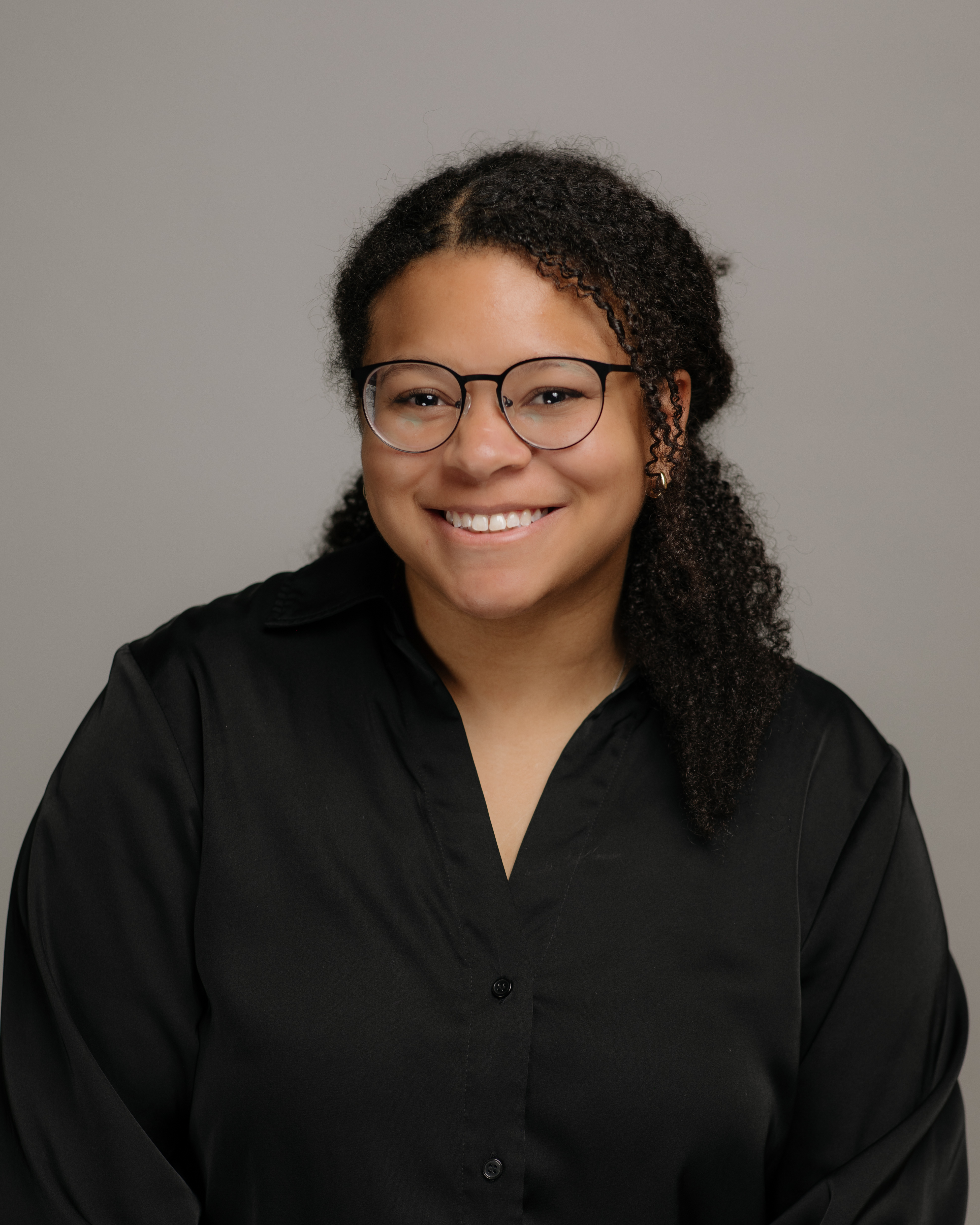 Dr. Jasmine G. Hammer
Dr. Jasmine G. Hammer
Scottish Rite for Children in Dallas
Pediatric Neuropsychologist
Woodcock Institute Keynote Address
Bio
Jasmine G. Hammer, Ph.D., is a pediatric neuropsychologist at Scottish Rite for Children in Dallas. She completed her doctoral degree in psychology at Texas Woman’s University in Denton, Texas with a Doctorate in Philosophy (Ph.D) in School Psychology. During that time, she received training at her accredited pre-doctoral internship at Lewisville Independent School District. Following her doctoral studies, she pursued a two-year accredited post-doctoral fellowship in clinical pediatric neuropsychology at the University of Minnesota Medical School in Minneapolis. Throughout her training, Dr. Hammer has worked with children of medically complex backgrounds, such as but not limited to genetic disorders, spina bifida, rare disease, and lysosomal storage disorders while conducting neuropsychological evaluations as well as providing consultation.
Talk
The Neuropsychology of Memory and Learning
Memory and learning skills are critical for various aspects of life such as work, academics, and socialization. The current talk will define memory and the associated neuroanatomy networks. In addition to this, the talk will discuss variables that impact memory such as stress, emotions, attention/executive functioning as well as confounding medical differences. Given the complex nature of memory, neuropsychological evaluations can often be beneficial in identifying a pattern of strengths and weaknesses for a person as well as providing individualized recommendations. Thus, the talk will also include neuropsychology case studies to further illustrate the processes involved with memory.
Psi Chi Keynote Speaker
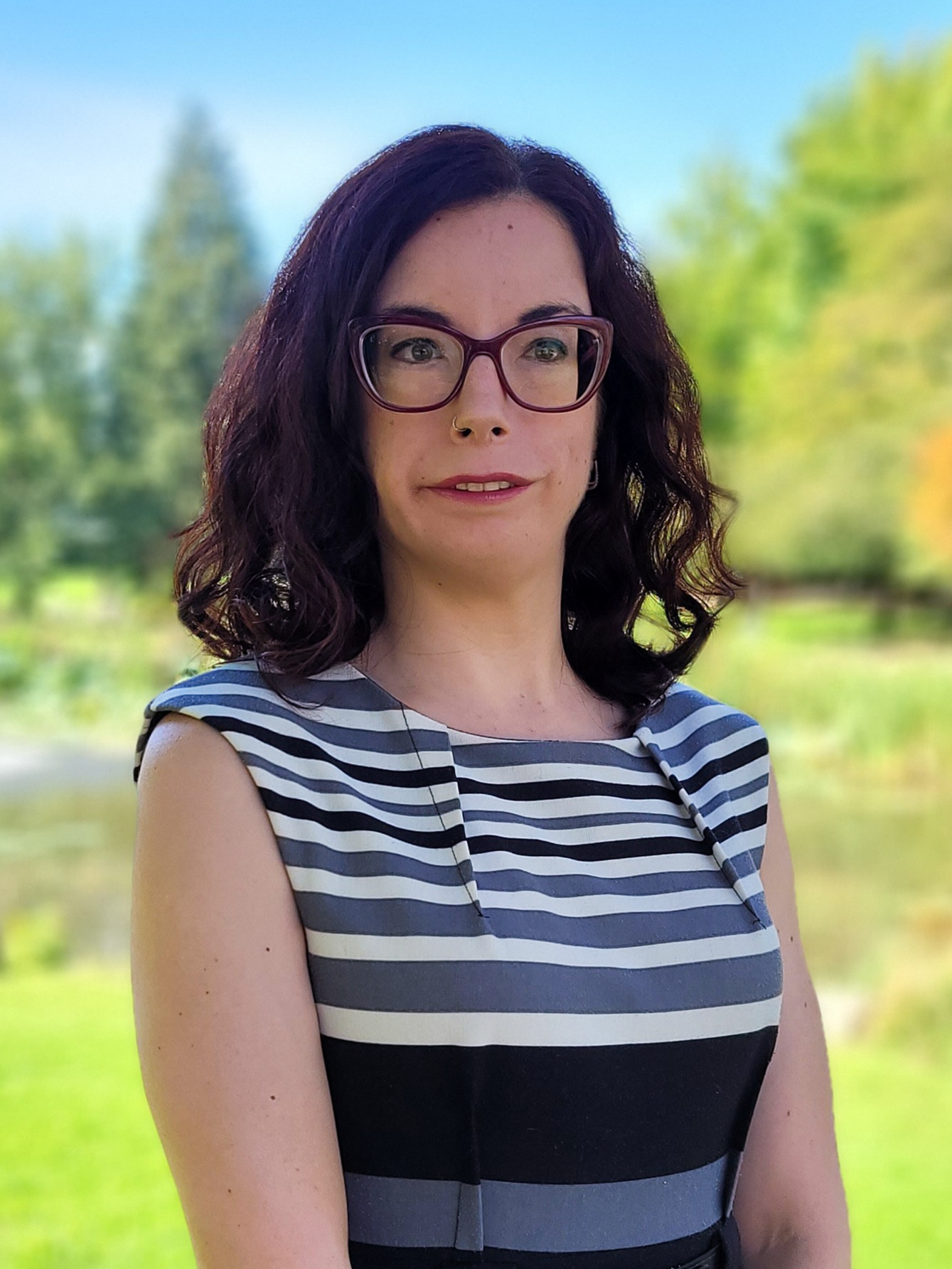 Dr. Kathleen Bogart
Dr. Kathleen Bogart
Oregon State University
Professor of Psychology
Director of the Disability and Social Interaction Lab
Keynote Address
Bio
Dr. Bogart is Professor of Psychology and Director of the Disability and Social Interaction Lab at Oregon State University. She is a social/health psychologist specializing in disability, ableism, and rare disorders such as facial paralysis. Dr. Bogart received the American Psychological Association Distinguished Contributions to the Advancement of Disability Issues in Psychology Award, the first annual Social Personality and Health Network Diversity in Research Award and was named OSU Honors College Eminent Mentor in 2022. She is a Fellow of the Society for Personality and Social Psychology and the Society for Experimental Social Psychology. An advocate for people with rare disorders and disabilities, she has served on several boards including the American Psychological Association Committee on Disability Issues in Psychology and the Moebius Syndrome Foundation Scientific Advisory Board. Passionate about disability community-building, she is the co-founder of the Disability Advocacy and Research Network (DARN) for psychologists who have and/or specialize in disability. Dr. Bogart presents to and consults with international academic, general, and TEDx audiences about disability awareness, disability as diversity, and facial paralysis, and she about these topics for Psychology Today
Talk
What Psychologists Should Know About Ableism
People with disabilities are the largest minority group in the United States, making up approximately 19% of the population. However, diversity, equity, and inclusion efforts in psychology have often failed to include disability. This talk will include a primer on disability and its social construction. Current research on disability identity and pride will be discussed. Data on the inclusion of disability in psychology education will be presented. This call to action will conclude with actionable steps to include disability in higher education, research, and advocacy.
SWToP Keynote Speaker
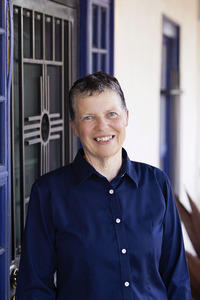 Sue Frantz
Sue Frantz
New Mexico State University
Affiliate Professor of Psychology
Keynote Address
Bio
Sue Frantz is a first-generation college student who earned her BA in psychology from Indiana University of Pennsylvania in 1989 and her MA in social psychology from the University of Kansas in 1992. She has been passionate about sharing the concepts of psychology with her diverse student community since she began her teaching career as an adjunct professor at community colleges in the Kansas City area, before securing her first full-time professor job at New Mexico State University—Alamogordo. After teaching at Highline College in the Seattle area for 22 years, she is now faculty emerita. Having relocated to Las Cruces, NM, she is an affiliate faculty member of psychology at New Mexico State University.
Frantz has been an active member of the national psychology instruction community for over 20 years. She served on the executive committee of the Society for the Teaching of Psychology for eight years, including a term as its president in 2019. In 2016, she received the American Psychological Foundation's Charles L. Brewer Distinguished Teaching of Psychology Award, APA's top honor for psychology educators. In 2026, she was honored by Psi Chi as a Distinguished Member, the society's highest recognition.
She is co-author with Charles Stangor on FlatWorld’s Introduction to Psychology, 5.0 (2026) and Principles of Social Psychology, 3.0 (2025). She is also a co-author, with Douglas Bernstein and Stephen Chew, of Teaching Psychology: A Step-by-Step Guide, 4th edition (2025).
Talk
An Intro Psych Course That Matters: What Our Neighbors Need to Know
Only a small number of our Intro Psych students will major in the field, and of our psychology majors, only a small percentage will go on to graduate school in psychology. The students in our Intro Psych classes will work in many fields, such as healthcare, business, and politics. Psychological concepts are applicable in every environment, but what psychological information will serve all our students best? I will have several examples of what we should include in Intro Psych as well as several examples of what we can exclude. For every concept we choose to cover, we are choosing not to cover something else. Let’s make conscious decisions about what we teach.
Cancellation Policy
Individuals who pre-register for the convention may be eligible for a full or partial refund of the registration fee.
- A full refund is available if requested up to February 27, 2025.
- A 50% refund will be provided if requested between February 28 and March 15, 2025.
- No refunds will be issued if requested after March 15, 2025.
SWPA 2026 Gold Sponsors

SWPA 2026 Bronze Sponsors
